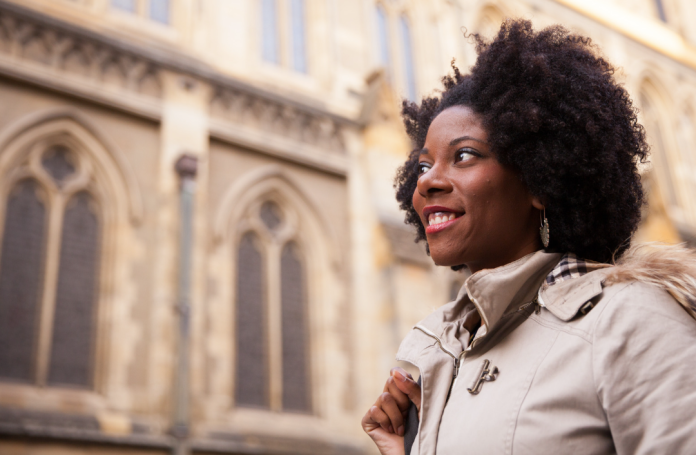A “pay it forward” principle promotes a great idea of random acts of kindness to strangers in the hope that they, in turn, will do something nice for someone else. Every day in some small way, you can brighten someone’s day with an act of kindness. Not only does it help someone else, but you benefit both mentally and physically.
Here’s how life-changing being kind to strangers can be:
- Giving Makes You Happier
Did you know that people who spend a portion of their income on others tend to be far happier than those who don’t? This puts a new spin on money-buying happiness. It doesn’t have to be extravagant. It could be something small, such as paying someone’s bill or buying groceries for an elderly neighbor. The joy of giving seems to spark happiness in the brain. Humans are social animals and hardwired to help others. This is why helping someone gives you that warm, fuzzy feeling inside.
- Giving Makes You Healthier
If a psychic reading online prompted you to take better care of your health, here’s an easy way to do so. Being kind to others will make you healthier. Several studies show that helping others can protect us from disease and prolong one’s life. Giving brings joy. When we’re joyful, our stress levels drop, and our immune system gets a boost. Compassion and empathy shove aside negative emotions and release those feel-good hormones called endorphins. And once the bug bites, you might find yourself craving more of the “helper’s high” and continually looking for ways to help others.
- Kindness Builds Communities
Remember the saying “it takes a village to raise a child”? Many people have forsaken this philosophy and become self-centered. Gone are the days when kids asked the neighbor for a cup of sugar or when people sent casseroles to needy families. Today, people focus on looking out for themselves. In 2010, a Michigan University study found that college students had 40 percent less empathy than young people in the 1970s. As time has gone by, we’ve become less trusting and less giving. Showing neighborly kindness can mitigate many of the social ills plaguing communities.
- Kindness Breaks Down Barriers
The news is littered with stories of terror and violence. Fear has made people suspicious and has even bred hatred. Yet, it is often amid tragedies that we see strangers helping strangers. This is because inherent in our human nature is the desire to help our fellow humans. Don’t wait for a clairvoyant to predict the next major tragedy to start helping others. Be more tolerant and understanding of others now. You’ll see that every person, irrespective of race, color, or creed, faces struggles and that we all need a helping hand from time to time.
We are living in turbulent times in a harsh world. However, we have the power to change that. As Whitney Anthony writes in her article on Tiny Buddha, “It’s the simple, unexpected acts of generosity that change lives, and a culmination of these small acts can change the world.”


Empathy and compassion are indeed essential in building stronger communities. It’s interesting to see how acts of kindness can have such a far-reaching impact on societal structures.
The mention of endorphins and the ‘helper’s high’ is particularly intriguing. It’s a testimony to how our biology encourages prosocial behavior.
Yes, it’s fascinating how interconnected our mental, emotional, and physical health are. This could be a compelling argument for investing more in social initiatives.
The article brings out a crucial point about the psychological and physiological benefits of kindness. From a scientific perspective, it aligns with findings in positive psychology that altruistic behavior can significantly improve well-being.
Whitney Anthony’s assertion about the power of small acts of kindness resonates deeply. In a time when negativity often dominates the narrative, focusing on positive actions can indeed bring about substantial change.
The decline in empathy among younger generations is concerning. It’s essential to address this issue and promote practices that can foster kindness and understanding in our society.
Agreed. Educational systems and community programs can play a significant role in reinstating these values among young people.